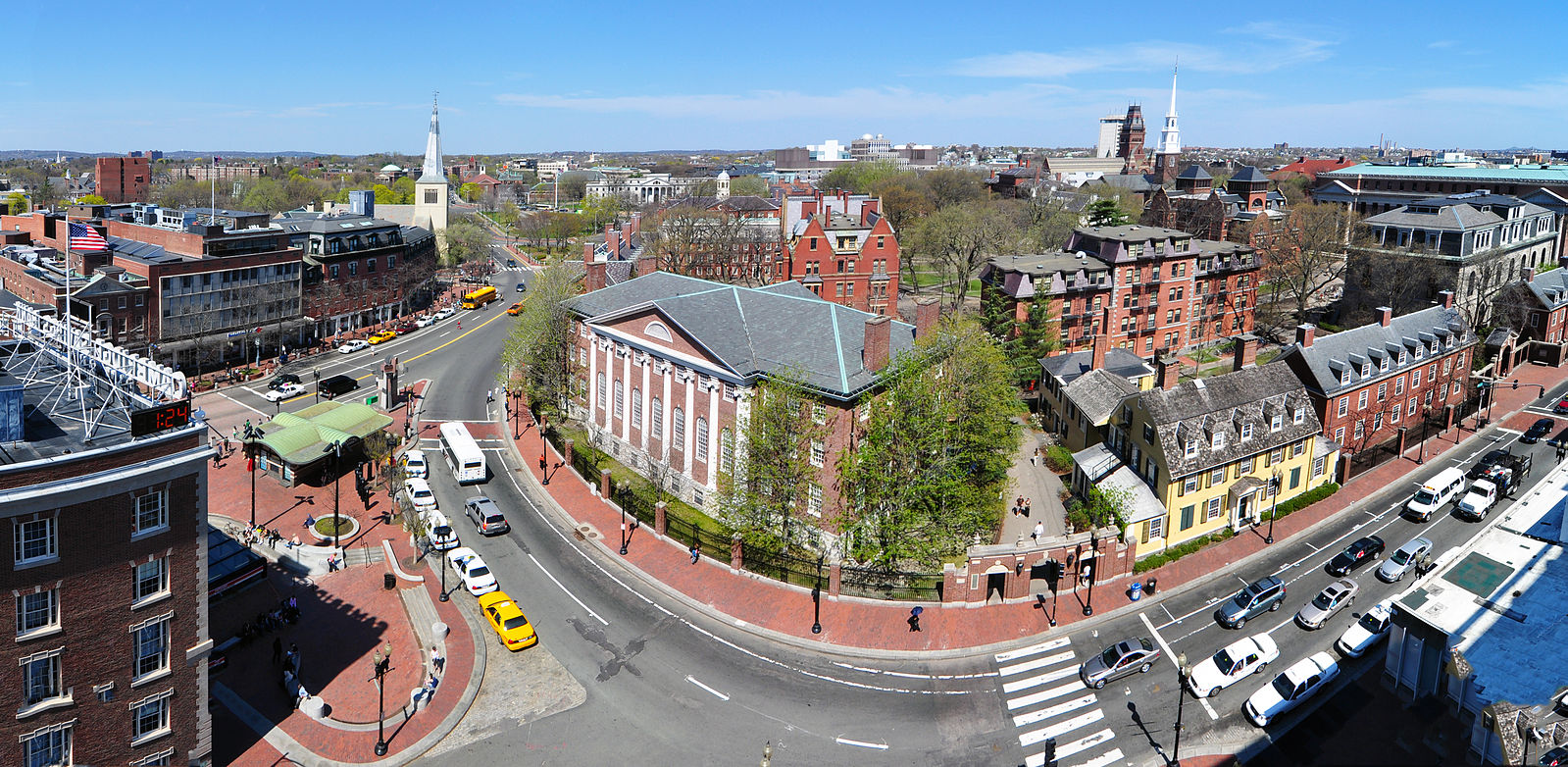For better or for worse, Harvard is arguably America’s most influential university. When it makes a bold statement, people listen. For that reason, Harvard made the news last week when they declared war against Greek organizations as well as their idiosyncratic final clubs. Members of these single-sex organizations will not be permitted to hold leadership roles in athletics or campus organizations, and will not receive college endorsements for elite scholarships.
While this writer is far from wealthy enough and far from cool enough to fit in at one of these organizations, he realizes the implications of this maneuver. It reeks of the old elementary school policy that required bringers of birthday cupcakes and Valentine’s Day cards to bring enough for everyone, or none at all. That policy had a time and a place, but has limits to how far it can be extended into the real world.
It’s ironic that one of America’s most exclusive institutions turns around and punishes groups within its community for being overly exclusive. Perhaps the rest of America, salty at not being admitted, ought to mirror the policy and agree not to allow Harvard graduates to hold management positions in companies. In an alternative parallel, perhaps President Obama ought to decree that all members of country clubs be disenfranchised.
Harvard’s Dean Rakesh Khurana wrote that these organizations “are at odds with … a diverse living and learning experience.” His goal is not wrong, but is taking away places where students can hang out in their spare time the best way to achieve it? Perhaps those whose fathers are mere physicians or humble attorneys simply don’t understand. If Harvard’s most refined students wish to gather in a mahogany-walled parlor and relax in burgundy silk robes while reclining on an aged leather divan and nibbling on veal medallions as Pell Grant recipients massage their feet, why should they be punished?
Even if these organizations aren’t exactly what most would consider bastions of virtue, punishing individuals for their freedom of association has dangerous implications. This targeting action regresses back to the McCarthy era, in which those whose values did not match the majority were blacklisted.
To permit the organizations to continue to exist without punishment is not an endorsement of their behavior. But a university is going too far when it regulates what students are doing off campus, barring illegal activity. As the membership in these mysterious final clubs is usually secret, it is unclear how administrators will keep track of who to blacklist. Actual enforcement conjures up Orwellian notions that have become all too common in recent years.
It doesn’t seem like this policy will be vulnerable to any legal troubles. As a private institution, they have more control over students’ rights than a publicly funded school does. Additionally, the policy only goes into effect for next year’s freshmen, so legal challenges will not be immediate.
The University of Maryland should steer clear of such draconian assaults on liberty, even if the targeted group is unappealing. When a final club or other unofficial Harvard organization declines to admit the next Mark Zuckerberg, upturning their nose toward the heavens, it should not be considered a tragedy. Those who dislike these pompous elites should be delighted to mingle freely while their adversaries languish in self-imposed gilded cages.
Daniel Galitsky is a senior economics and finance major. He can be reached at dgalitskydbk@gmail.com.



